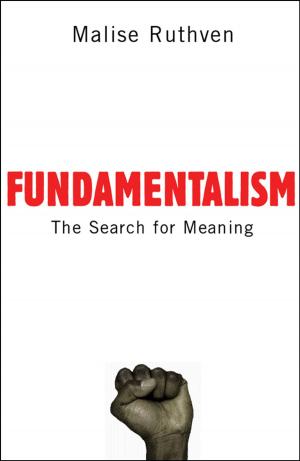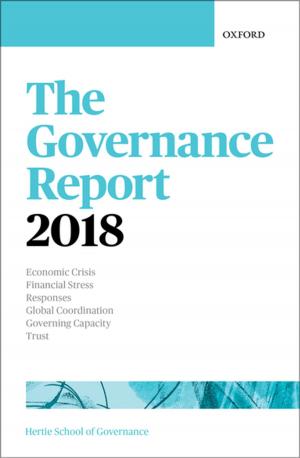Climate-Challenged Society
Nonfiction, Social & Cultural Studies, Political Science, Government, Public Policy, Science & Nature, Nature| Author: | John S. Dryzek, Richard B. Norgaard, David Schlosberg | ISBN: | 9780191510830 |
| Publisher: | OUP Oxford | Publication: | October 24, 2013 |
| Imprint: | OUP Oxford | Language: | English |
| Author: | John S. Dryzek, Richard B. Norgaard, David Schlosberg |
| ISBN: | 9780191510830 |
| Publisher: | OUP Oxford |
| Publication: | October 24, 2013 |
| Imprint: | OUP Oxford |
| Language: | English |
This book is an original, accessible, and thought-provoking introduction to the severe and broad-ranging challenges that climate change presents and how societies can respond. It synthesizes and deploys cutting-edge scholarship on the range of social, economic, political, and philosophical issues surrounding climate change. The treatment is introductory, but the book is written "with attitude", for nobody has yet charted in coherent, integrative, and effective fashion a way to move societies beyond their current paralysis as they face the challenges of climate change. The coverage begins with an examination of science, public opinion, and policy making, with special attention to organized climate change denial. The book then moves to economic analysis and its limits; different kinds of policies; climate justice; governance at all levels from the local to the global; and the challenge of an emerging "Anthropocene" in which the mostly unintended consequences of human action drive the earth system into a more chaotic and unstable era. The conclusion considers the prospects for fundamental transition in ideas, movements, economics, and governance.
This book is an original, accessible, and thought-provoking introduction to the severe and broad-ranging challenges that climate change presents and how societies can respond. It synthesizes and deploys cutting-edge scholarship on the range of social, economic, political, and philosophical issues surrounding climate change. The treatment is introductory, but the book is written "with attitude", for nobody has yet charted in coherent, integrative, and effective fashion a way to move societies beyond their current paralysis as they face the challenges of climate change. The coverage begins with an examination of science, public opinion, and policy making, with special attention to organized climate change denial. The book then moves to economic analysis and its limits; different kinds of policies; climate justice; governance at all levels from the local to the global; and the challenge of an emerging "Anthropocene" in which the mostly unintended consequences of human action drive the earth system into a more chaotic and unstable era. The conclusion considers the prospects for fundamental transition in ideas, movements, economics, and governance.















